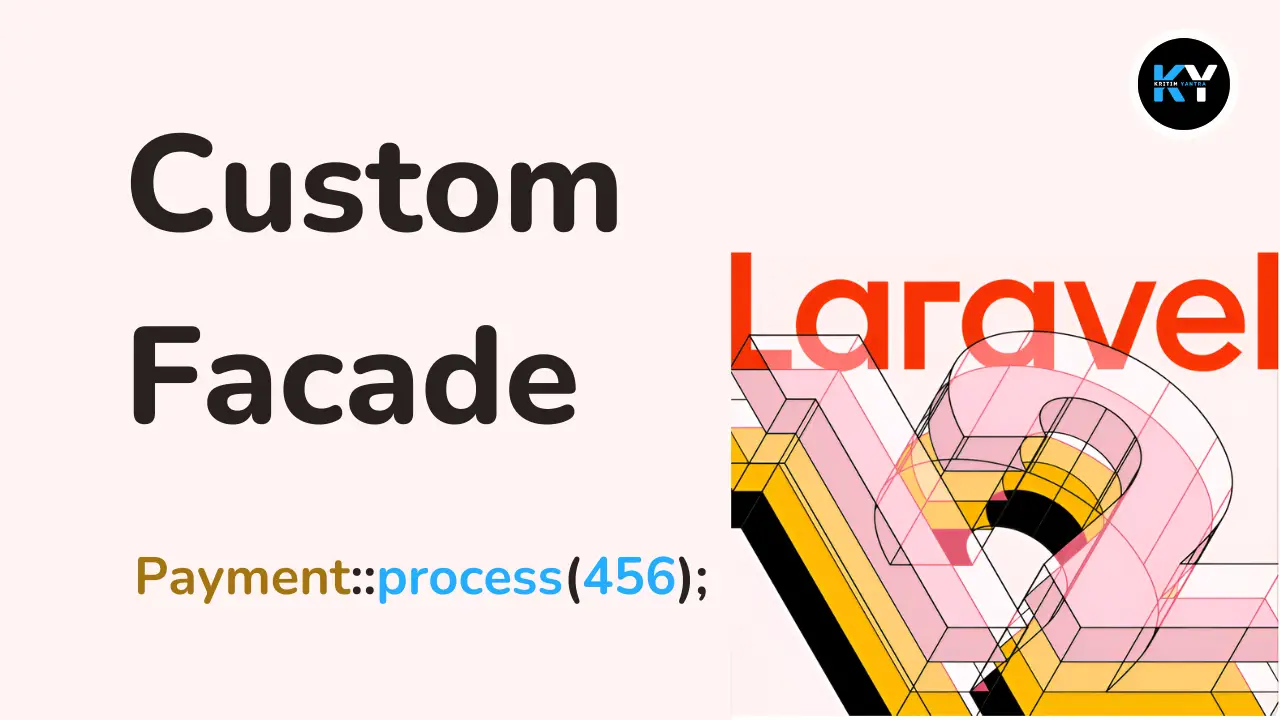Understanding PHP and Its Frameworks – A Beginner's Guide

Kritim Yantra
Apr 25, 2025
If you're starting your journey as a web developer, you've likely come across the term PHP 🐘. Despite being one of the oldest server-side languages, PHP is still widely used to build powerful, dynamic websites and applications. But what makes PHP so popular? And what are PHP frameworks, and why should you use them?
In this blog, we’ll walk you through what PHP is, why it matters, and explore the most widely-used PHP frameworks—like Laravel, Symfony, CodeIgniter, and more—in simple language. Whether you're a student, a freelancer, or a tech enthusiast, this guide will help you understand PHP and its ecosystem.
🔰 What is PHP?
PHP stands for Hypertext Preprocessor. It is a server-side scripting language used primarily to develop dynamic and interactive web applications.
✅ Why is PHP still relevant?
- Free and Open Source
- Easy to learn for beginners
- Works well with all major databases (MySQL, PostgreSQL, etc.)
- Supported by almost every hosting provider
- Strong community and vast number of libraries and packages
🧰 What is a PHP Framework?
A framework is a collection of pre-written code that helps developers build applications faster and in a more organized way. Instead of writing everything from scratch, you use a framework to handle common tasks like routing, authentication, form validation, and more.
💡 Why Use a Framework?
- Saves time: Reuse pre-built components.
- Follows best practices: MVC (Model-View-Controller) architecture.
- Secure: Protects against common vulnerabilities.
- Scalable: Helps build large applications that are easy to maintain.
🚀 Popular PHP Frameworks (Explained Simply)
1. 🌟 Laravel – The Most Popular Framework
Laravel is currently the most popular PHP framework. It’s known for its elegant syntax and developer-friendly tools.
🔑 Key Features:
- MVC Architecture
- Blade templating engine
- Eloquent ORM (Object Relational Mapping)
- Built-in authentication and authorization
- Queue management, mail integration
- Laravel Artisan CLI for command-line tools
- Laravel Forge, Vapor, and Nova for deployment and admin panels
✅ Best For:
Developers building modern, full-featured web applications like CMS, eCommerce, APIs, and SaaS products.
2. 🛠 Symfony – For Enterprise-Level Applications
Symfony is a robust PHP framework used by big companies and complex projects. It’s a bit more config-heavy, but extremely flexible and reusable.
🔑 Key Features:
- Component-based system – you can use just what you need
- Twig templating engine
- Dependency Injection
- Event Dispatcher
- Internationalization
- Highly customizable architecture
✅ Best For:
Large, enterprise-grade applications and developers who want full control over their architecture.
3. ⚡ CodeIgniter – Lightweight and Simple
CodeIgniter is a lightweight PHP framework ideal for beginners and smaller projects. It doesn’t require strict adherence to MVC, making it flexible and faster to learn.
🔑 Key Features:
- Minimal setup and configuration
- Super-fast performance
- Built-in security tools
- Good documentation
- Small footprint (~2MB)
✅ Best For:
Beginners and small-to-medium-sized projects like business websites or basic admin panels.
4. 🌐 Yii – High Performance with Modern Tools
Yii (Yes, It Is!) is known for its high performance and security features. It’s especially good for applications that need fast response times.
🔑 Key Features:
- Gii code generator for CRUD operations
- RESTful API support out-of-the-box
- RBAC (Role-Based Access Control)
- Caching, authentication, and testing tools
✅ Best For:
Applications like forums, CMS, portals, and REST APIs that need speed and security.
5. 🐾 Phalcon – The Fastest PHP Framework
Phalcon is written in C and delivered as a PHP extension, making it extremely fast compared to traditional frameworks.
🔑 Key Features:
- Low-level architecture with high-level functionality
- Volt templating engine
- ORM, caching, routing built-in
- Lightweight with minimal overhead
✅ Best For:
Performance-critical web apps and services that need speed and scalability.
6. 🧱 Laminas (formerly Zend Framework)
Laminas is the evolution of Zend Framework. It’s a professional PHP framework for building enterprise-level applications with custom requirements.
🔑 Key Features:
- Modular structure
- PSR-7 middleware support
- High security and extensibility
- Backed by strong documentation
✅ Best For:
Enterprise systems, financial systems, or projects that require high-level custom development.
7. 📦 Slim – Micro Framework for APIs
Slim is a micro-framework perfect for building small applications and REST APIs quickly.
🔑 Key Features:
- Minimal code
- Fast routing
- Middleware support
- Dependency injection container
✅ Best For:
Microservices, small APIs, and projects that don’t need a full-fledged framework.
🎯 Choosing the Right Framework
| Framework | Best For | Learning Curve | Performance |
|---|---|---|---|
| Laravel | Full-stack apps, SaaS, APIs | Medium | Good |
| Symfony | Large apps, enterprise solutions | High | Good |
| CodeIgniter | Beginners, simple websites | Low | Excellent |
| Yii | Secure and fast web apps | Medium | Excellent |
| Phalcon | High-speed, performance-driven apps | High | Excellent |
| Laminas | Complex, enterprise-level applications | High | Good |
| Slim | APIs and microservices | Low | Excellent |
✨ Final Thoughts
PHP has evolved massively over the years, and so have its frameworks. If you're starting out, try experimenting with Laravel or CodeIgniter. As you gain experience, you might explore Symfony or Phalcon depending on your needs.
Each framework has its strengths. The right one depends on your project size, goals, and experience level.
So go ahead, pick a framework, start building, and enjoy the journey of PHP development! 💻
Tags
Comments
No comments yet. Be the first to comment!
Please log in to post a comment:
Sign in with GoogleRelated Posts

Understanding Facades in Laravel 12: How to Create Custom Facades

Kritim Yantra